My first brush with Rituparno Ghosh was quite abrupt and premature. I remember waking up from my siesta one afternoon and finding my mother on the divan in the living room watching a film with extreme devotion. I do not recall my exact age at that point of time, maybe I was bordering on the teens.
I do however remember my mother being engrossed in the film, which made me sit and want to watch the film as well. The moment I sat and started watching the film, Ma became extremely conscious of my presence and after some time she asked me to go and finish my homework, her exact words being, ‘boshe boshe boro’der cinema na dekhe, giye porte bosh!‘ (instead of sitting and watching films for grown ups, go and study!). Any other time I would’ve happily obliged, but there was something in this film which made me sit and keep on watching, maybe it was the very fact that it was ‘boro’der cinema’ (cinema for grown ups) or maybe the murder mystery which the film portrayed was intriguing me all the more!
Has anyone guessed which Rituparno Ghosh film I’m talking about yet? – Subho Mahurat. That was the first Rituparno Ghosh film that I had watched. And the brief time for which I watched that film, made me realise that Bengali films are probably not that bad! Well I liked what I saw at that point of time, and I would like to watch such films in the future! Why don’t all Bengali films be like them—is what I eventually wondered.
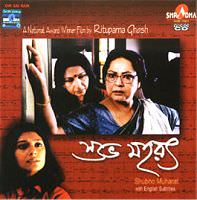
Poster for Subho Mahurat [Image Courtesy: Wikipedia]
You know that thin line between the ‘right‘ and the ‘wrong‘ and ‘truth‘ and ‘lie‘? That grey area which we all find so problematic but we cannot ignore? That is the area which Ritu’da focused on.
Also Read: Feminism and Film-making: An Insight Into Indian Filmmakers
All those problematic areas, where the relationships entwine into an ugly tangle and we fail to categorise and put everything under water-tight compartments, that is the area which Ritu’da mostly indulged in. It started with the discomforting oppressions that women face at the home and from society. Whether its sexual harassment in Dahan, to emotionally abusive relationships in Utsab, later in Abohoman.
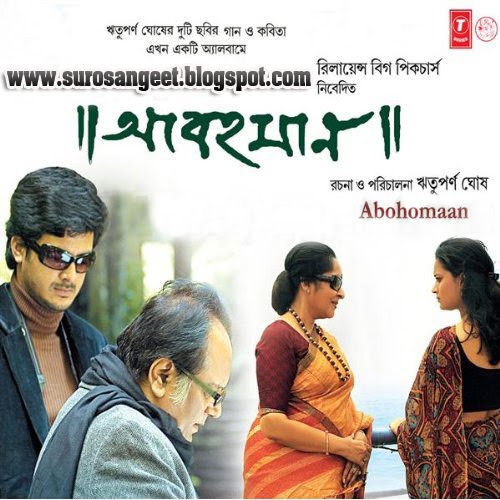
Poster for Abohoman [Image Courtesy: golden-age-thinker.blogspot.in]
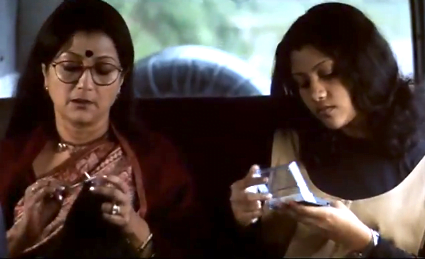
A still from Titli (2002) [Image Courtesy: bethlovesbollywood.com]
And so came the second wave of his work—his venture into Bollywood. To the layman this phase of Rituparno Ghosh’s work was focused on scripts based on Bollywood stars and banking in on their star power. But in reality, it was about experimenting with literature! Transforming iconic texts into beautifully scripted yet somewhat flawed screenplays and projecting them on the silver screen! Tagore (Chokher Bali, Noukadubi) to O Henry (Raincoat) to Shakespeare (The Last Lear), the man did not fear to experiment with the greats. But his success in these ventures was extremely limited.
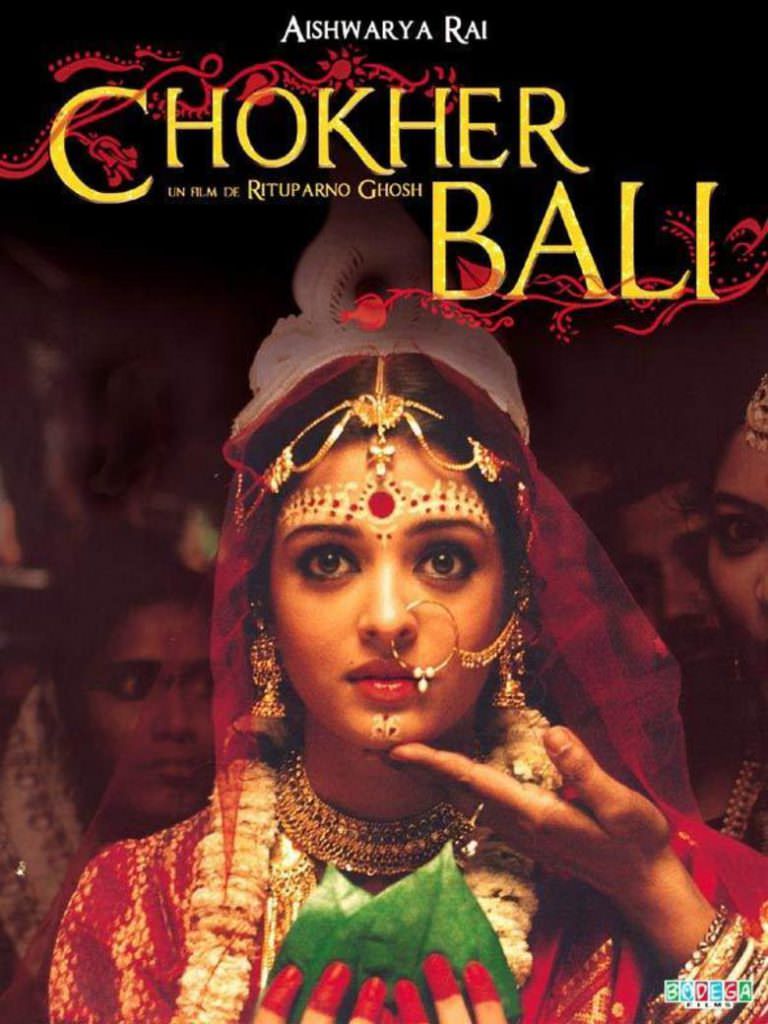
Chokher Bali starring Aishwarya Rai Bachchan. [Image Courtesy: Alchetron.com]
By portraying the things, whose presence we refuse to acknowledge in society, Ritu’da was unabashed about his opinions and his cinematic vision. Which is why in the later half of his life, his loyal ‘madhyobitto‘ (middle class) fans started to question his work and started to denounce it as his personal agenda against the society.
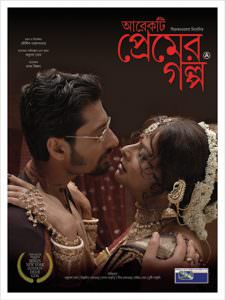
Poster For Arekti Premer Golpo: Just Another Love Story. [Image Courtesy: pycker.com]
Why did people start becoming uncomfortable with that? Because generally we like to view things from a distance and like to think that we are accepting and ‘progressive‘, when in reality as soon as the distance is breached and our very own become the ‘exception‘ we become disconcerted, shaken from our positions, unable to accept the truth.
Be it good or bad, Rituparno Ghosh gave a new life to Bengali cinema, for which most recent film makers are hugely grateful to. One of the things that he was famous for was his nurturance of young upcoming film makers. It’s truly marvellous that a man who watched Ray’s films and got inspired by them so much, that he actually became an inspiration to upcoming film makers. I’m sure if Ray was alive, he would praise Ghosh for his excellent storytelling skills, and eye for detail.
That one summer afternoon, actually made me grow up in some way or the other. It made me start being comfortable with the so-called ‘uncomfortable‘ and start normalising it. Us Bongs are too proud to say it out loud, but we do miss you and your story-telling Ritu’da.
Also Read: Female-centric Hindi Films And Women Who Watch Them
Featured Image Credit:The Guardian
About the author(s)
Megha has done her Masters in Women’s Studies from TISS, Hyderabad. She enjoys reading, writing and research on feminism, culture and social issues. She is a Bong and foodie. She tweets @marik_megha.
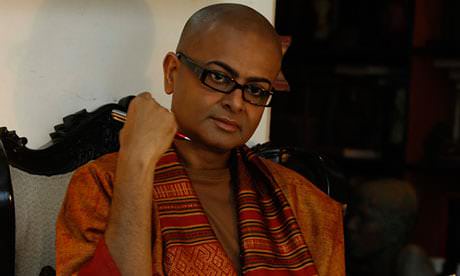
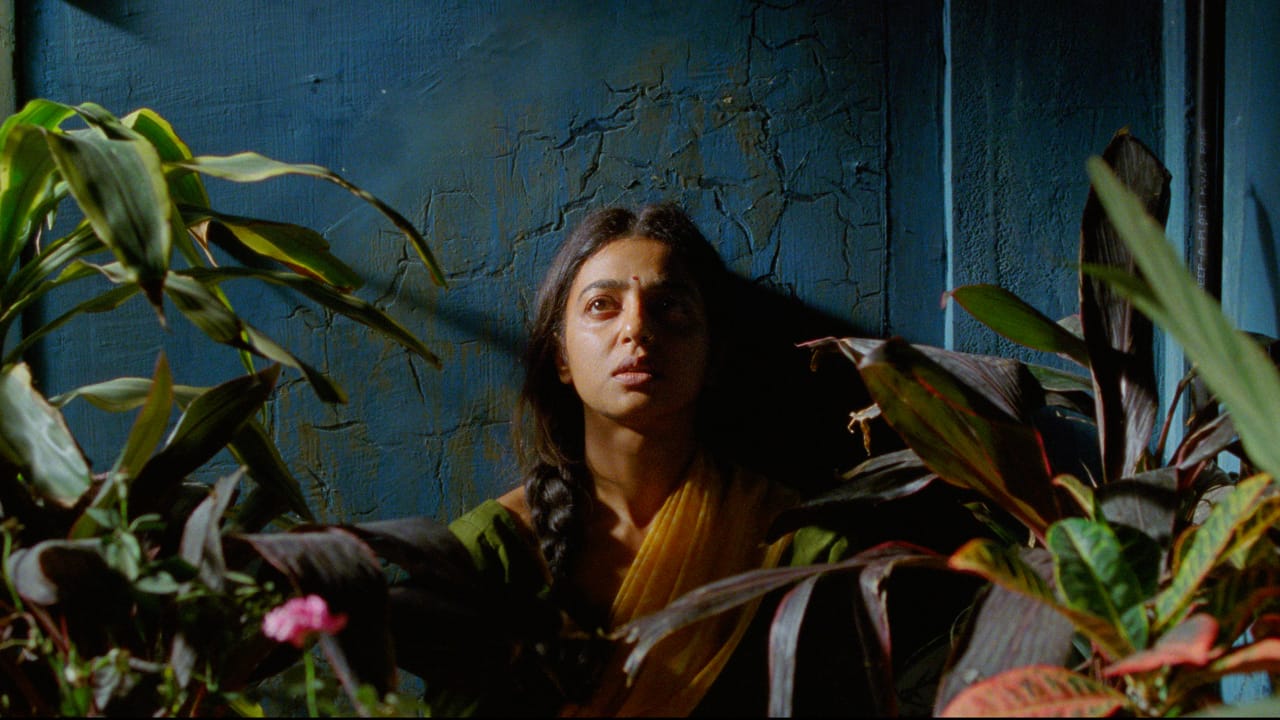


Such a beautiful and engrossing write up, have seen most of his Bengali films with subtitles so some fun gets lost, loved THE RAINCOAT immensely. Some films and storytellers are for life.
Really excellent